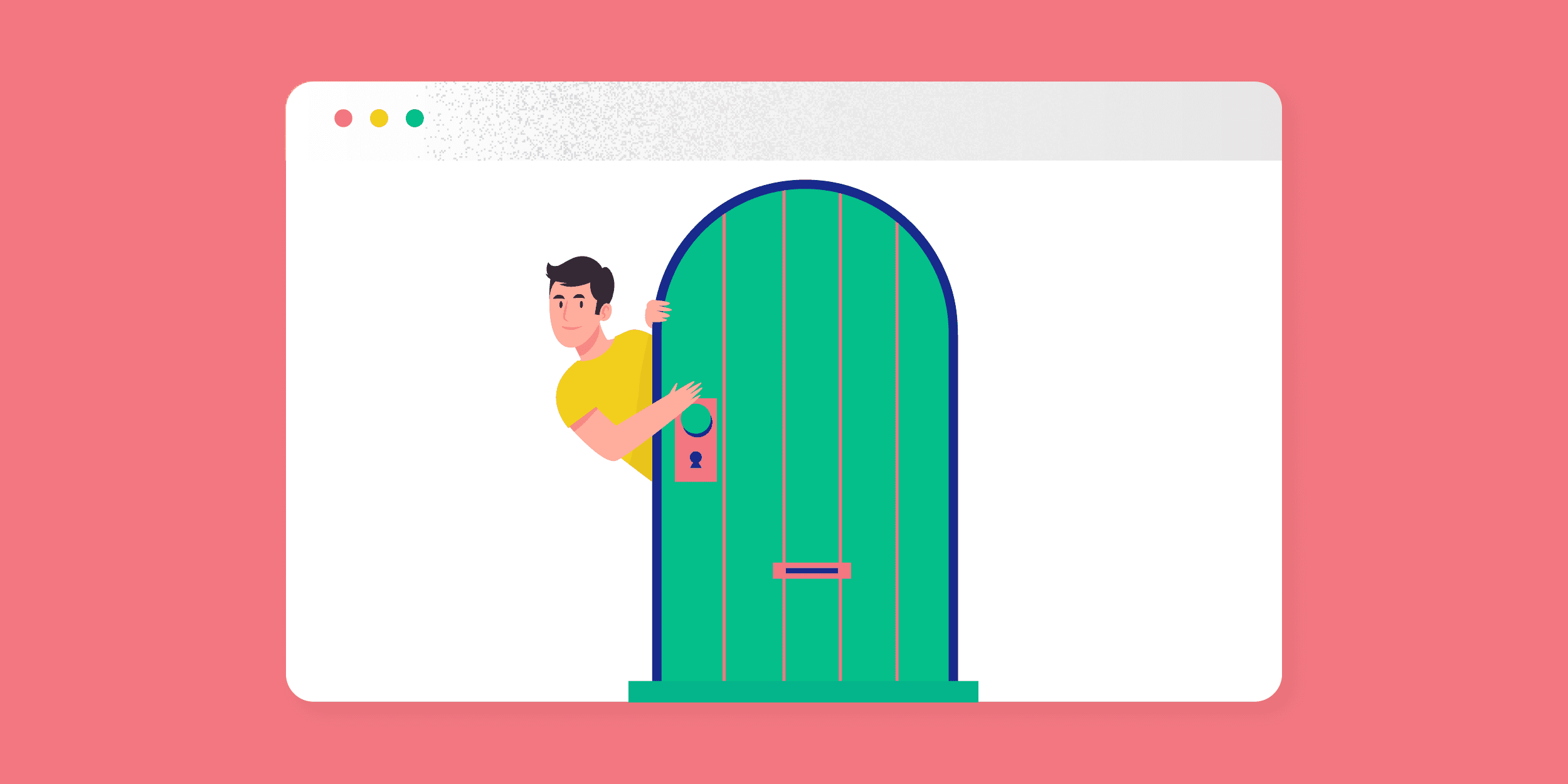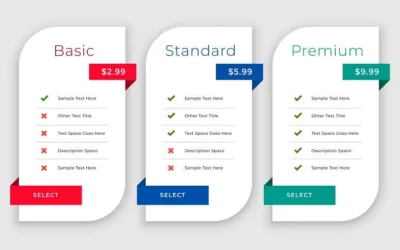5 Tips to Stay Safe Online
Over the past decade, the fabric of daily life has become interwoven with smartphones, social media, and the apps that make rapid-fire technological innovations feel indispensable. These device-driven distractions create a blur of browsing through, swiping across, and clicking on items that thrive upon one’s personal information. However, minute by minute, thousands of private data profiles are exploited online due to needless vulnerabilities on websites and applications.
Such violations of supposedly secure information can cause significant harm. For example, with a person’s social security number, malefactors have the ability to open lines of credit, commit tax fraud, and innumerable crimes that not only tarnish reputations but jeopardize livelihoods.
By taking a few precautions, people can avoid having their personal information scattered across the internet and reduce the possibility of identity theft. Here are a few tips that will help you stay safe online.
Create and Maintain Strong Passwords
“Use a strong password” is certain, obvious advice, yet too often disregarded or put off until it’s too late. Take the time to set secure passwords before you get hacked; don’t wait until the need becomes evident from a regrettable and easily avoidable personal experience!
Create a strong password and change it frequently! Changing your password several times a year ensures the utmost safety, especially for accounts containing your most valuable information.
Passwords holding personal, easily accessible information about your life have a higher possibility of being breached. Random password generators are a great way to create arbitrary passcodes.
http://passwordsgenerator.net/
http://www.lastpass.com/password-generator
Once you have a strong password, be sure not to reuse it on your other devices or platforms. If your password were compromised, hackers would have access to usernames, emails, and redundant passwords that they could easily attempt to use on other websites you frequent.
Never store passwords on your mobile phone. If you lose your phone, it’s likely that you have lost your password(s) forever. You should use a cross-platform password manager that is accessible across all devices. Here are a few of our favorites:
http://www.dashlane.com/
http://www.roboform.com/
Manage your Privacy Settings
Applications glean a plethora of personal data, which is often shared across platforms without our being aware. Internet giants like Facebook and many other apps have lost or misused user information, creating a constant leak of private information to the darkest corners of the internet.
Unfortunately, taking precautions and deciding how much information to share falls greatly upon the user of digital services. What a lot of people don’t know is that the vital privacy settings lie tucked away in the settings and fine print of most applications.
The privacy settings allow us to adjust how we share information with the applications we use every day. You can control your settings according to what information you would like to share and with whom.
Backup your Data
What happens if your phone breaks, is stolen, or lost, and you haven’t backed up your device in quite a while (if ever) and all of your pictures and other personal information is gone in a heartbeat? It disappears forever — you can’t access your data because you never backed it up!
Every other month, you should backup your data to Google, iCloud, OneDrive, or a similar “cloud” repository because you never know when something unforeseen might occur.
Bluetooth Responsibly
Bluetooth is a great way to play your music wirelessly, or as a hotspot for other devices, but it also leaves a door open to security vulnerabilities. A best practice for reducing the risk of being hacked is to deactivate Bluetooth when not in use.
If you want maximum security, there are options to turn your Bluetooth activity to undetectable. By making your device undetectable, people will no longer be able to connect to, let alone search for, your device.
Public Wi-Fis
Many public Wi-Fi’s are not encrypted, exposing your personal information to risk. When you are connected to an unencrypted Wi-Fi, third-parties can monitor your online activity without your knowledge.
By turning on your firewall, you can prevent outsiders from viewing your information. Other possible security measures could be installing a malware protection application on your smart device. However, this shouldn’t be a major concern, since most devices are now impervious to viruses.
Conclusion
Technology is in constant evolution, and deviant people are always on the lookout to try to take advantage of the latest scam or discover an unprotected access point. Don’t be scared away from enjoying the convenience and fun of living life online, but keep in mind that you’re not alone out there!

A self-motivated digital marketing specialist with 3+ years of experience advertising in the financial services industry.
While I wear several marketing hats, my primary focus is on content strategy and curation.
I aim to consistently challenge myself and position my skills toward personal and professional endeavors that lead to measurable results.



